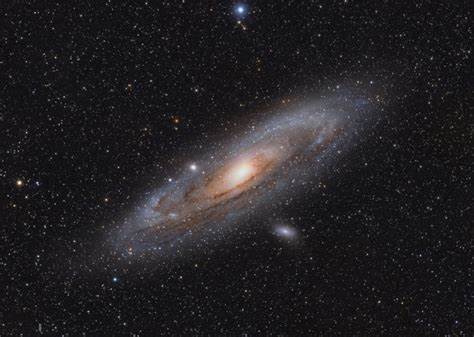Is There 5 Billion Planet Earths?
Posted on December 11, 2020
My dad gave me a few copies of the New Scientist when I visited him last week. He told me I would find them interesting, but I wasn’t sure if he was taunting me. I was perpetually ‘worst in class’ when it came to understanding how letters could be numbers, so I was not sure if this would be the mag for me.
However, I was pleasantly surprised. It’s got loads of stuff about vaccines, the weather, geography, geology, the lot. It also has a lot of articles about space and this is where my head gets blown to bits. It’s little wonder that many of these astronomers appear to be a cucumber sandwich short of a cricket tea. How can’t you be if you are dealing with infinity?
Rocky Planets
I will give you an example. It is a piece written by Abigail Beall (imagine going to Abigail’s party?). The focus on the article was the findings of Steve Bryson, who was searching for rocky planets in the habitable zone of Stars in the Milky Way. This is the area around a Star/Sun where life won’t freeze or scorch to death.
Bryson discovered that 40-60% of sun-like stars had planets like earth in their habitable zone. Here is the moment where that I suggest if you are indulging in any class B or C drugs whilst you are reading this, you should stop and go and listen to Pink Floyd instead. You can read this later.
5 Billion Earths
Give or take the odd one or two million, it is estimated that there are 10 billion sun like stars in the Milky Way. To save you rattling through your draws looking for a calculator, this means there could well be 5 billion habitable planets in our galaxy. On a sombre and disturbing note, that means there could be more than one John Redwood.
It doesn’t end there. Not to be content with 5 billion planet Earths, Jessie Christiansen of the California Institute of Brainboxes, says the amount could be even higher. Although many of these stars are bit far away (don’t ask me how far) it is thought that we will soon (in the next decade) be able to study the habitable planets of the closer stars, in detail.
Some scientists even think they might be able to discover the planet Boris Johnson got his Brexit ideology from. However, the common understanding is that it could take up to a billion super computers six billion light years to make any sense of it.
Next week: Are Scientists closer to discovering the Sun where McDonald’s heat up their apple pies?

Got something to say?